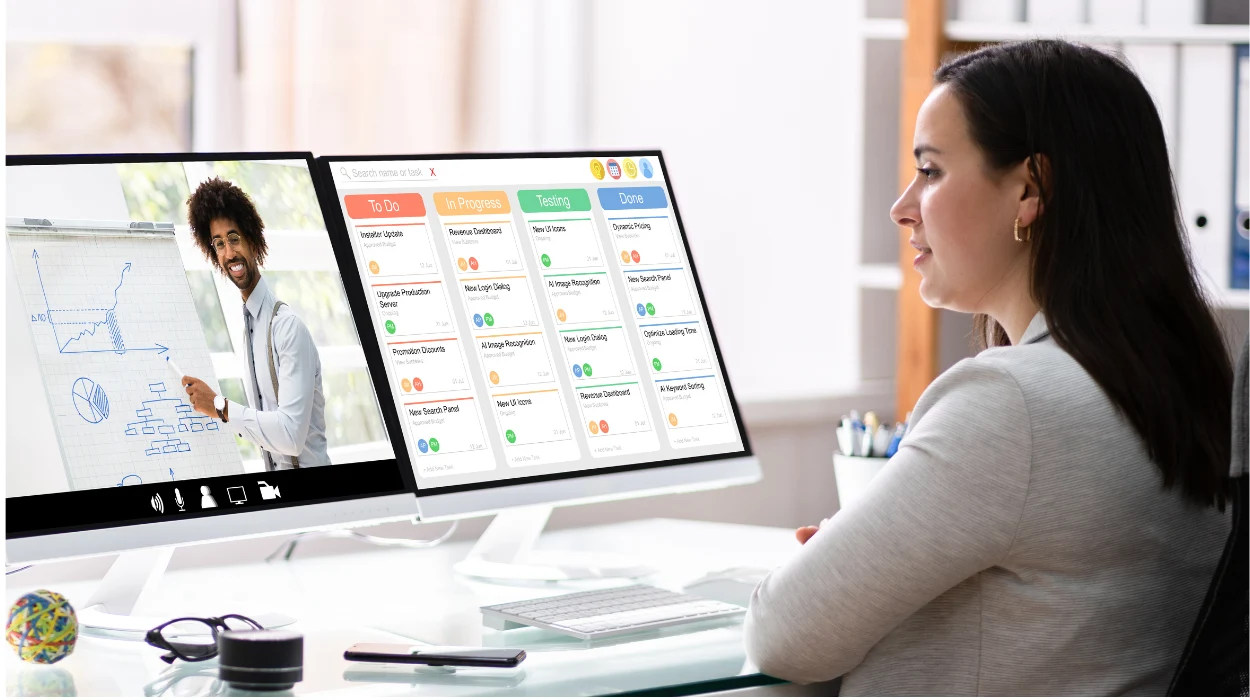
Welcome to London Premier Hub of Training and Consulting – your gateway to professional growth through expert-led training courses in the heart of London. Whether you're looking to enhance your skills, advance your career, or explore new industries, we offer a wide range of courses to meet your learning needs. Discover our diverse programs and take the first step towards your success.

Have questions or need more information about our courses? Don’t wait—contact us now and start your journey towards professional growth!
Call Us:+44 7412 818438
Email Us:info@londonpremierhub.com
Leading companies trust our platform

At London Premier Hub, we are dedicated to empowering individuals and organizations with the skills and knowledge needed to succeed in today’s competitive world. Based in the heart of London, we offer a wide range of high-quality training courses across various industries, designed to meet the evolving needs of professionals.
























